The politics of COVID 19 misinformation on Iran
The COVID-19 pandemic exposed vulnerabilities in global healthcare systems and how certain Western powers weaponize even health issues to demonize other countries.
A tiny virus, COVID-19, also known as the Coronavirus, brought humanity to its knees, affecting every corner of the globe.
11th March, 2020
In the past two weeks, the number of cases of COVID 19 outside China has increased thirty fold and the number of affected countries has tripled.
There are now more than 118,000 cases in 114 countries and 4291 people have lost their lives.
Thousands more are fighting for their lives in hospitals. In the days and weeks ahead we expect to see the number of cases, the number of deaths, and the number of affected countries climb even higher.
Dr Tedros Adhanom Ghebreyesus, WHO Director General
Over the following months, the casualties soared dramatically, with COVID-19, claiming nearly 7 million lives around the globe.
The pandemic had a stark and damaging impact on the global economy.
Due to the outbreak of COVID 19 which negatively affected most businesses around the globe, the world's collective GDP dropped by 3.4%.
In fact, the pandemic cost the global economy over 2 trillion US dollars in 2020 alone.
Although COVID-19 treated the rich and the poor equally, it exposed deep rooted inequities between richer and poorer countries.
While richer nations were able to stockpile these life saving resources poor nations were left to fend for themselves.
Soon COVID-19 became more than a pandemic. It plunged the world into a chaotic and hectic situation, from allegations of mask theft to accusations traded between countries.
One of the early controversies surrounding the COVID 19 outbreak involved Israel's theft of masks.
In March 2020, reports emerged suggesting that Israel had confiscated a shipment of masks destined for the Palestinian Authority. This incident sparked outrage and condemnation from various quarters.
China was the first country where COVID-19 was reported in November 2019, which made China a convenient scapegoat for the US and some Western nations.
You don't hear them talking about COVID; to be specific COVID-19. That name gets further and further away from China, as opposed to calling it the Chinese virus. [sic]
Former US President, Donald Trump
Accusations flew back and forth with the US blaming China for not containing the virus effectively and China retaliated by accusing the US of spreading misinformation.
Instead of addressing the public health crisis, the Trump administration resorted to a blame game and leveling unfounded allegations claiming that China was responsible for the spread of COVID 19; politically motivated allegations that were never conclusively proved.
Why do you keep calling this the Chinese virus? There are reports of dozens of incidents of bias against Chinese Americans in this country. Your own aide Secretary Azar says he does not use this term because ethnicity does not cause the virus. Why do you keep using this?
CNN Correspondent
It is not racist at all, no, not at all. It comes from China that's why comes from China. I want to be accurate. ... I have great love for all of the people from our country. But as you know, China tried to say one point. It'd be this stuff now that it was caused by American soldiers. That can't happen. It's not going to happen. That as long as I'm President. It comes from China.
Former US President, Donald Trump
Western media played a significant role in amplifying these allegations, contributing to a growing anti China sentiment.
The portrayal of China as the villain overshadowed the collaborative efforts required to combat the pandemic globally.
So once this sort of mantra, this narrative that China is to be feared or to be hated, has taken hold as a consensus position within the US establishment, then any voice that says, Well, look, China has really made great progress on COVID.
While we had 1.1 million deaths in the United States and 100 million people infected especially when COVID was at its most virulent during the Delta variant and earlier, China prevented all that, instead of acknowledging with objective faculty that these are true facts and that China did well, and that we would all benefit from cooperation between China and the United States.
If someone raises that kind of perspective, that kind of voice, then they're considered to be weak on China. So we have this kind of cold war mentality where China is witch hunted, demonized, and it creates a herd thinking within the United States. It's very, very unfortunate.
Brian Becker, Analyst
Similar media tactics were employed against Iran with allegations of mass graves and accusations of "mishandling the pandemic."
Iran has been one of the hardest hit by COVID 19. The number of recorded deaths has jumped dramatically even in the last day. But disturbing new images suggest that Iran's Coronavirus epidemic maybe even more serious that authorities there admit Rebecca Collard has more.
John Northcott, CBC News
Iran is now saying it has almost 13,000 confirmed cases of COVID 19 in the country, and that more than 600 people have died because of the virus. That's a 100 person jump from yesterday when the Iranian authorities said just 500 people had died because of the virus.
Rebecca Collard, Independent Journalist
The allegations by Western media were never proven. The media war against Iran came as the country was subjected to the cruel US led sanctions which even affected food and medical supplies.
The sanctions imposed on Iran by Western nations further strained the country's healthcare system and hindered its ability to procure vaccines.
However, Iran's efforts in developing its own vaccine underscored the nation's determination to overcome external pressures.
The accusations against Iran, including doubts raised about the efficacy of its vaccine were met with skepticism.
Despite Western skepticism, Iran successfully developed its COVID 19 vaccine and initiated mass vaccination campaigns.
Leader of the Islamic Revolution Ayatollah Seyed Ali Khamenei was among the top officials who received the homegrown vaccine.
The domestically made vaccine not only contributed to controlling the virus within Iran, but also became a source of hope for other nations facing similar challenges.
The COVID 19 outbreak exposed vulnerabilities in global healthcare systems. Above all, it unveiled how certain Western powers weaponize even health issues to demonize other countries.
Allegations and smear campaigns, particularly by the US and Western media, once again raised questions about the role of misinformation and geopolitical interests during times of crisis.
Iran president confident Riyadh summit can help end Israeli crimes
VIDEO | Hezbollah statement
UN calls for ‘immediate action’ as famine unfolds in north Gaza
Iran’s economy much different than in Trump's first term: CBI chief
VIDEO | Press TV's News Headlines
Five volunteer security forces killed in terrorist attack in southeast Iran
VIDEO | Sydney stands for Palestine: 400 days on, world remains indifferent
Time ripe for Israel’s expulsion from United Nations: Iran


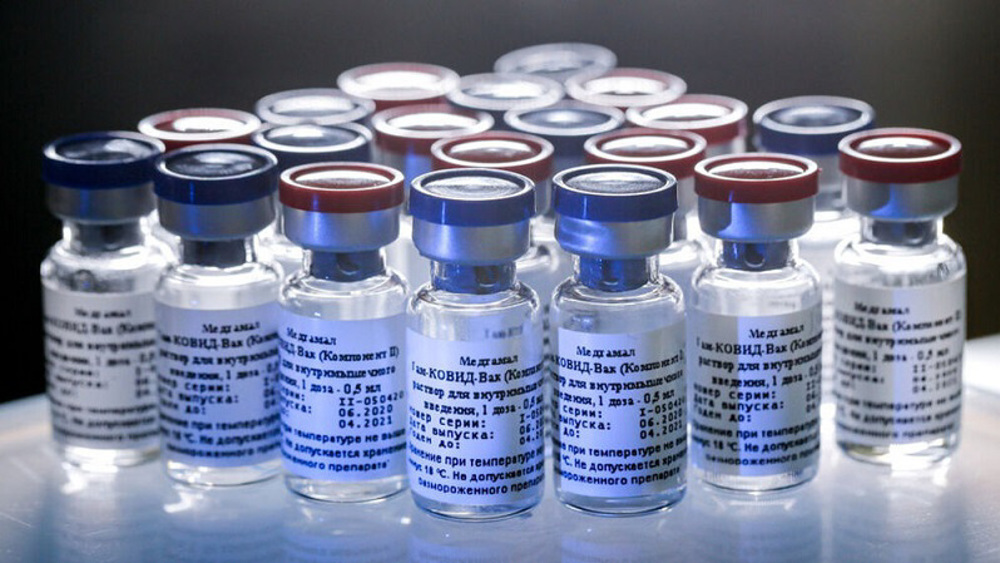
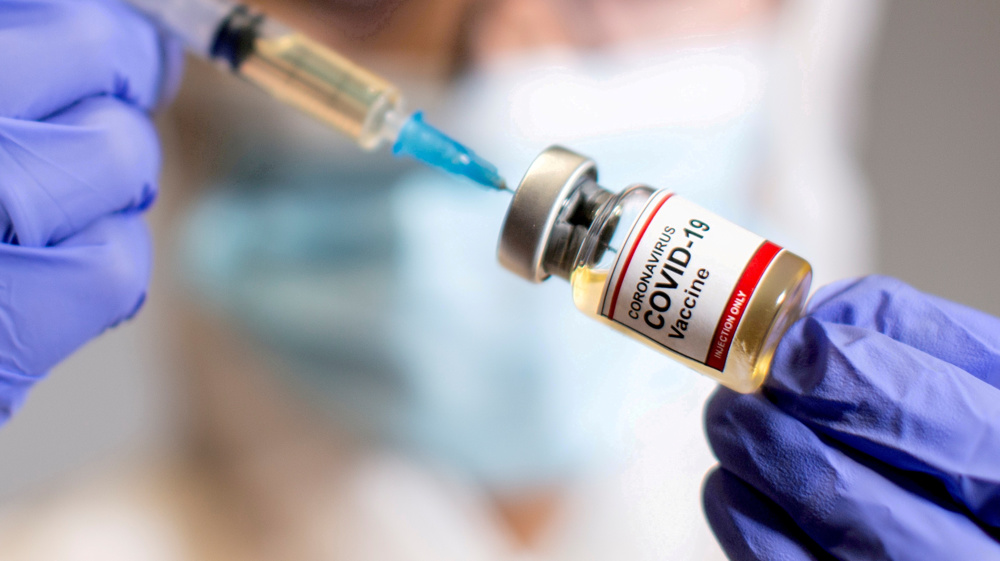
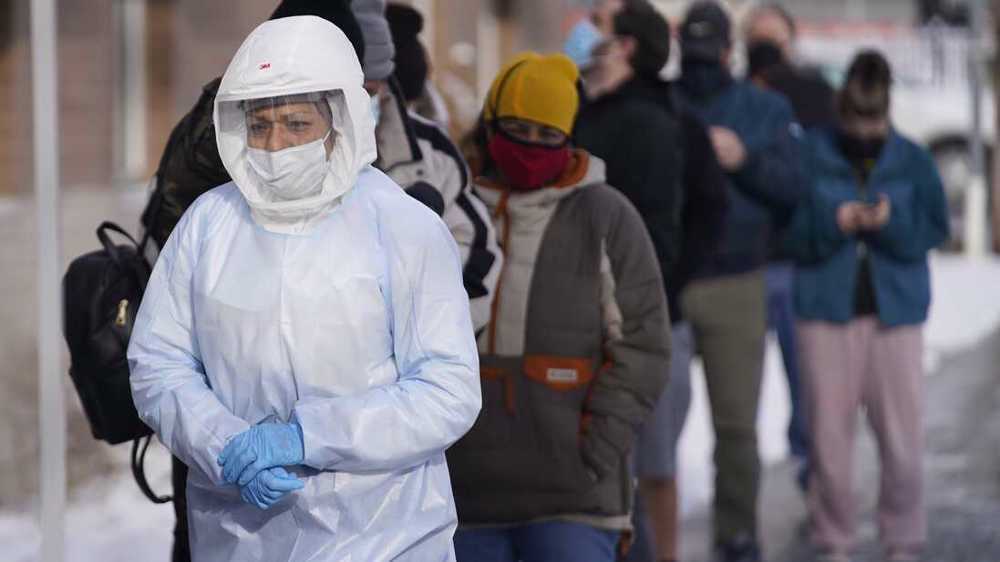
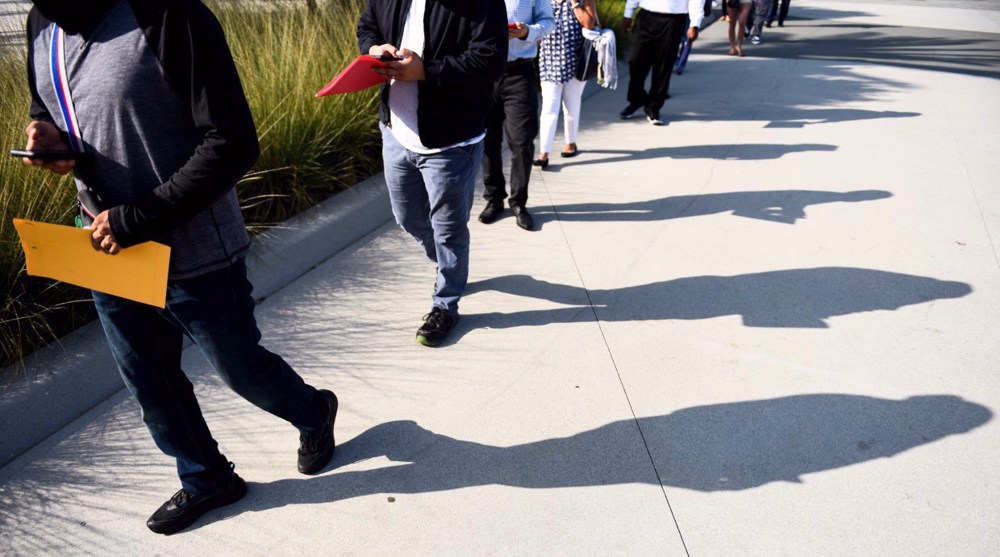
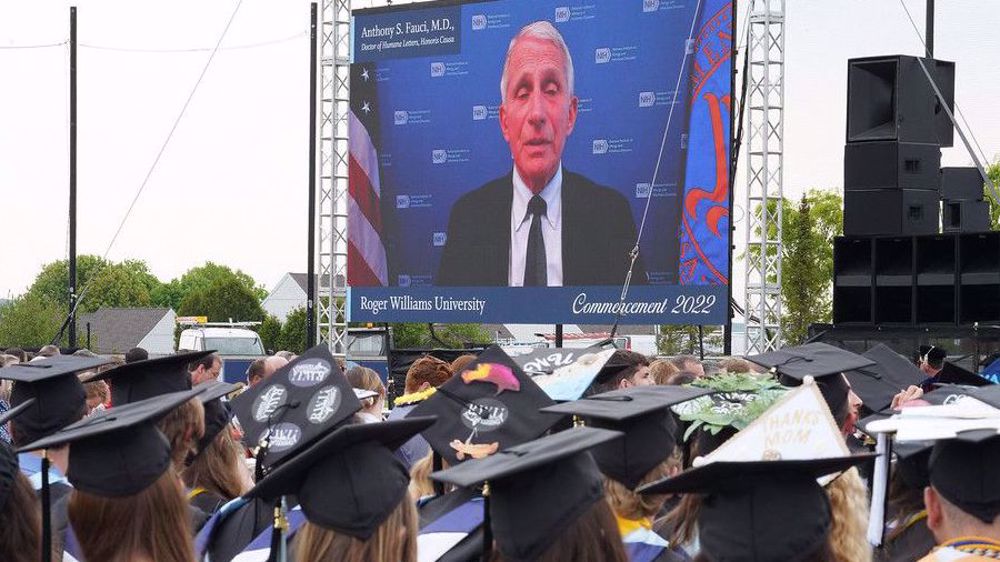

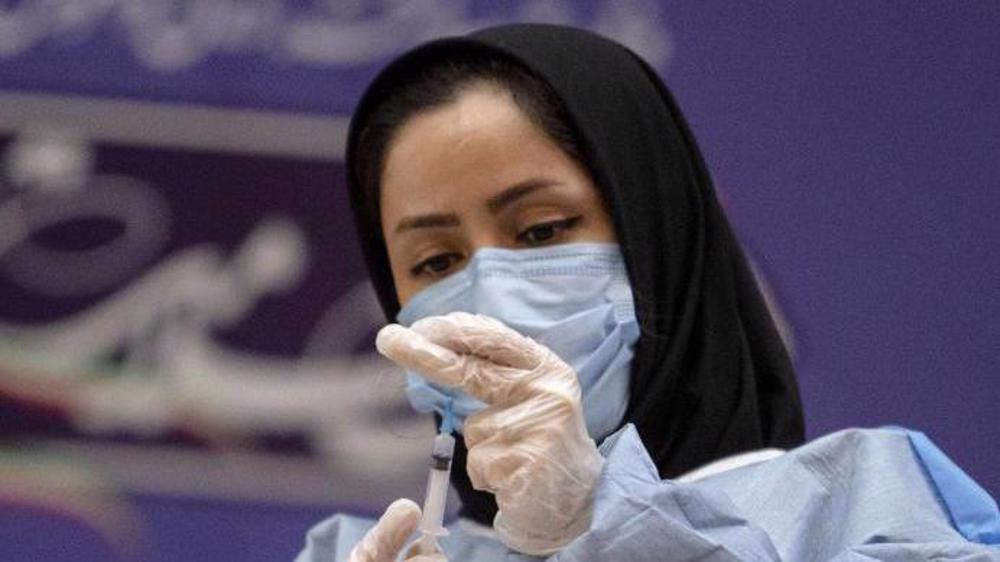
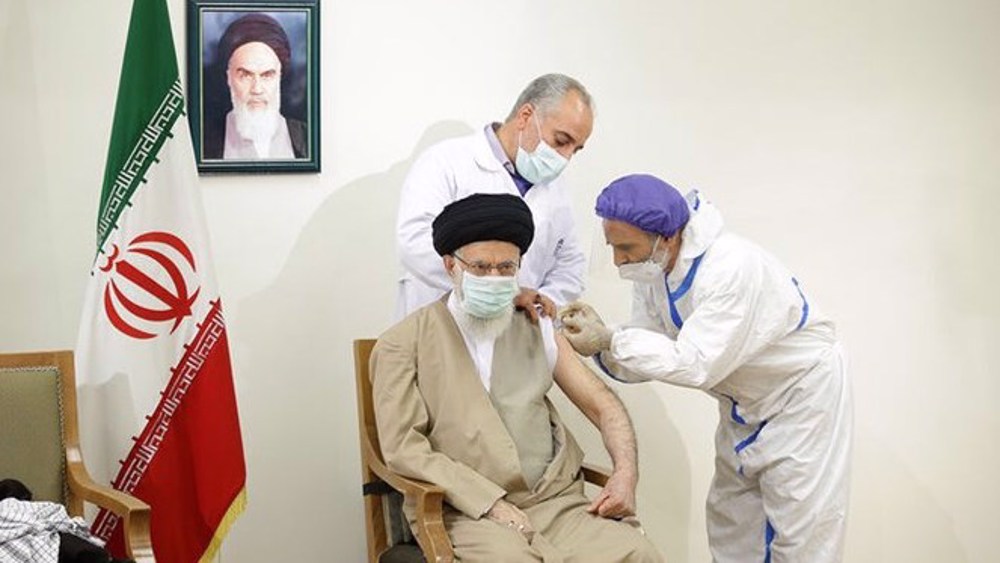
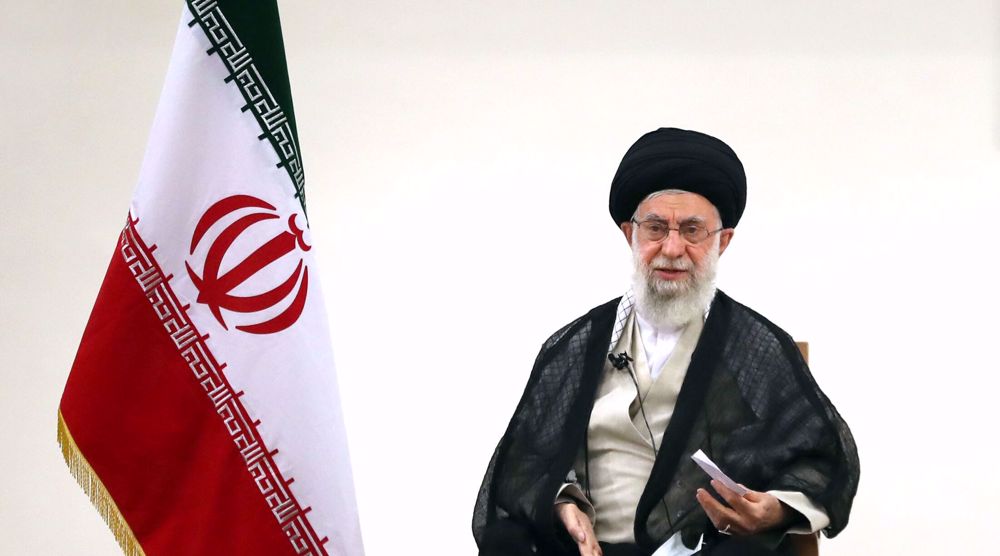
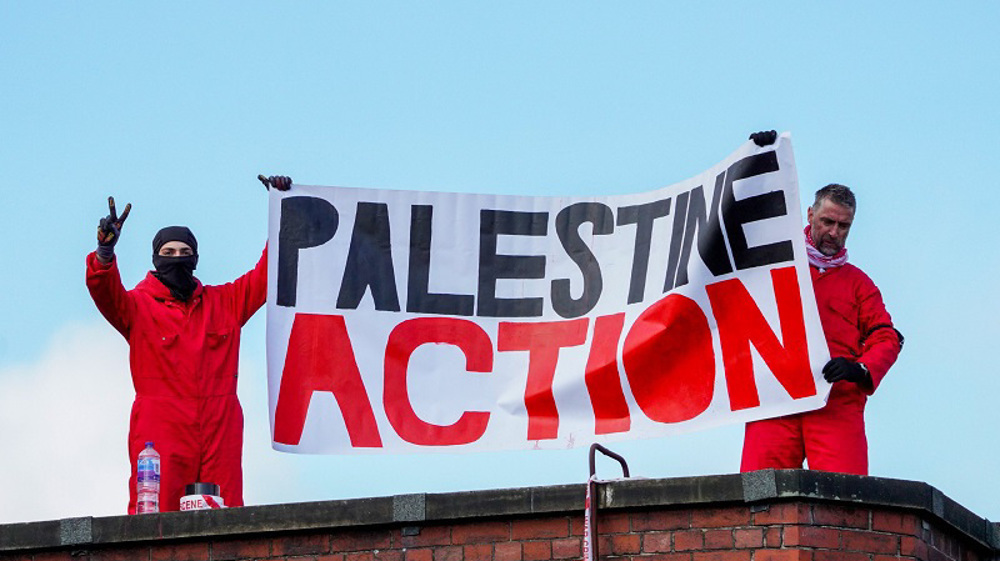
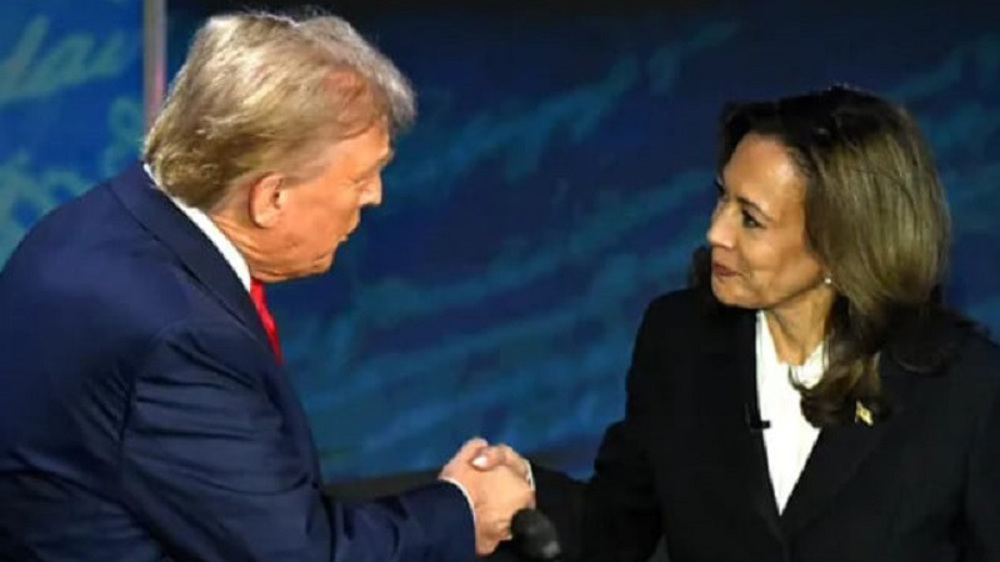
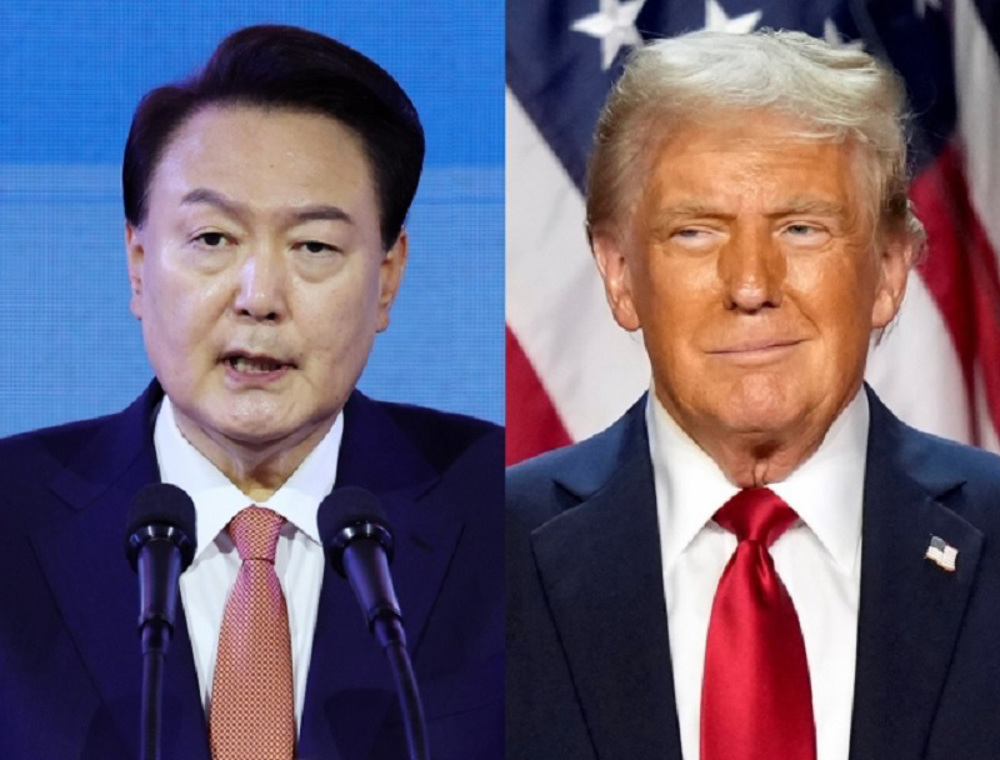



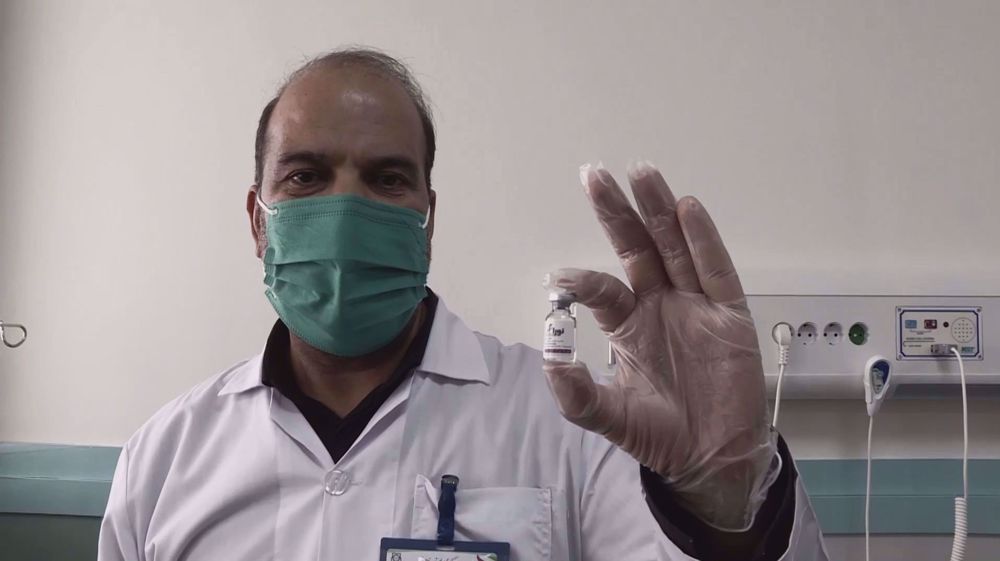
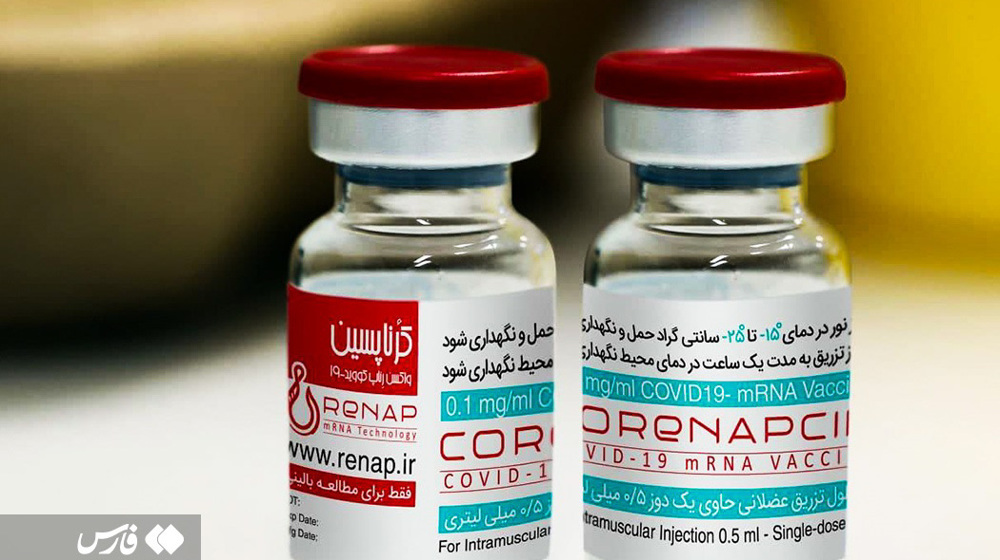
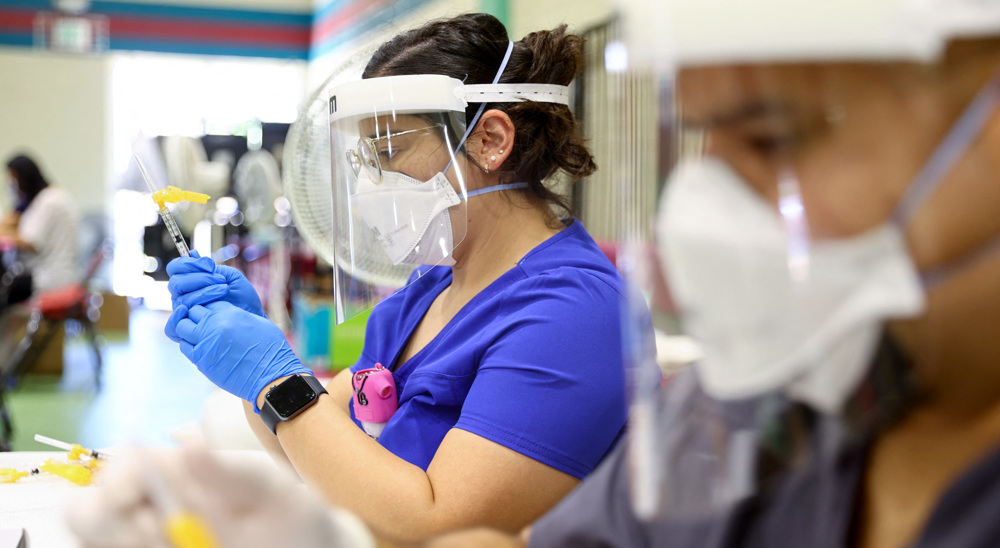
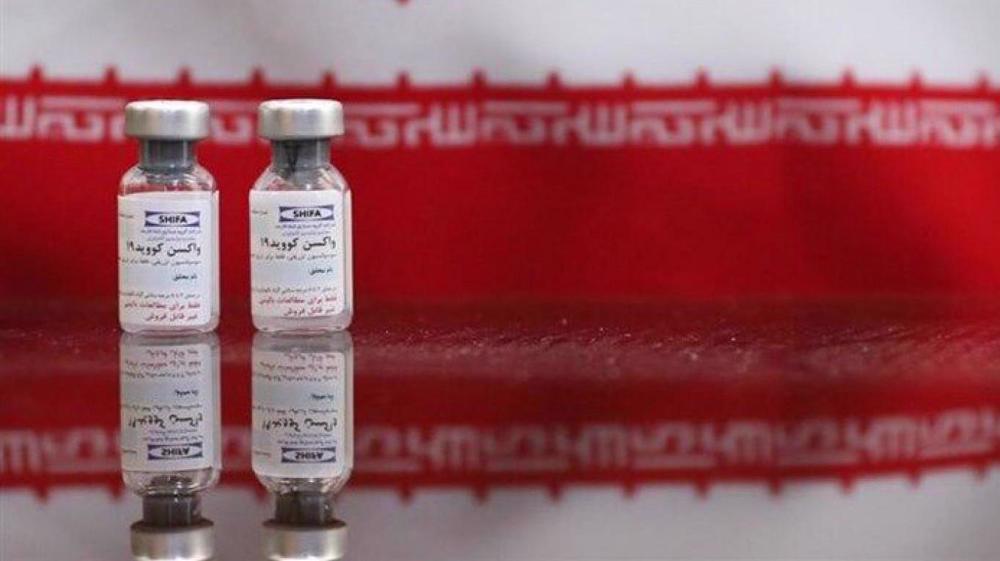
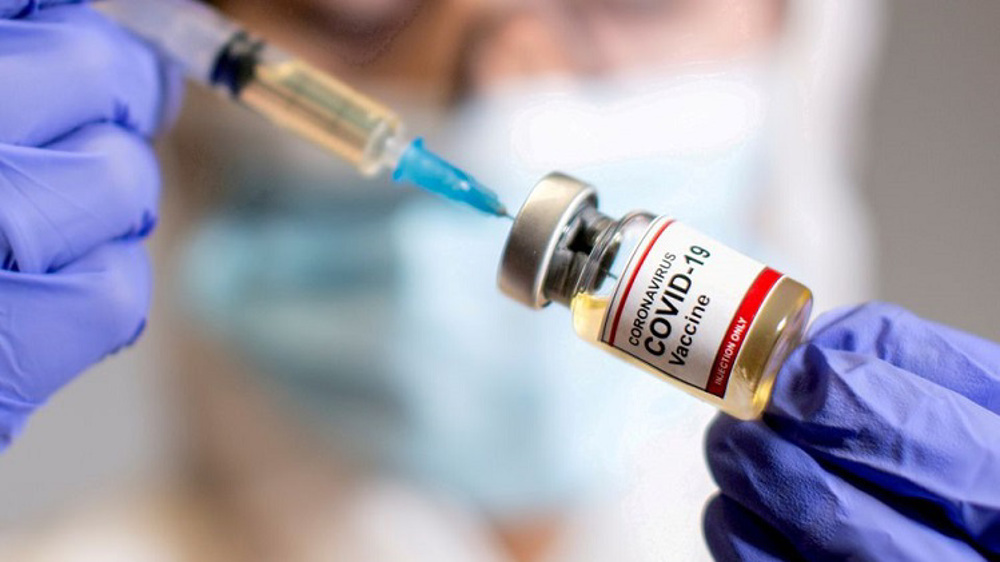
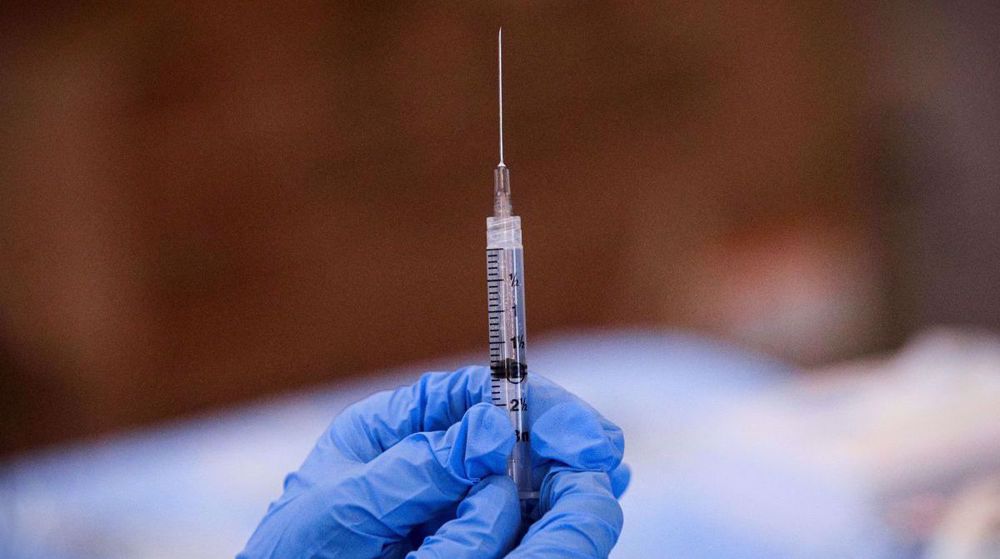
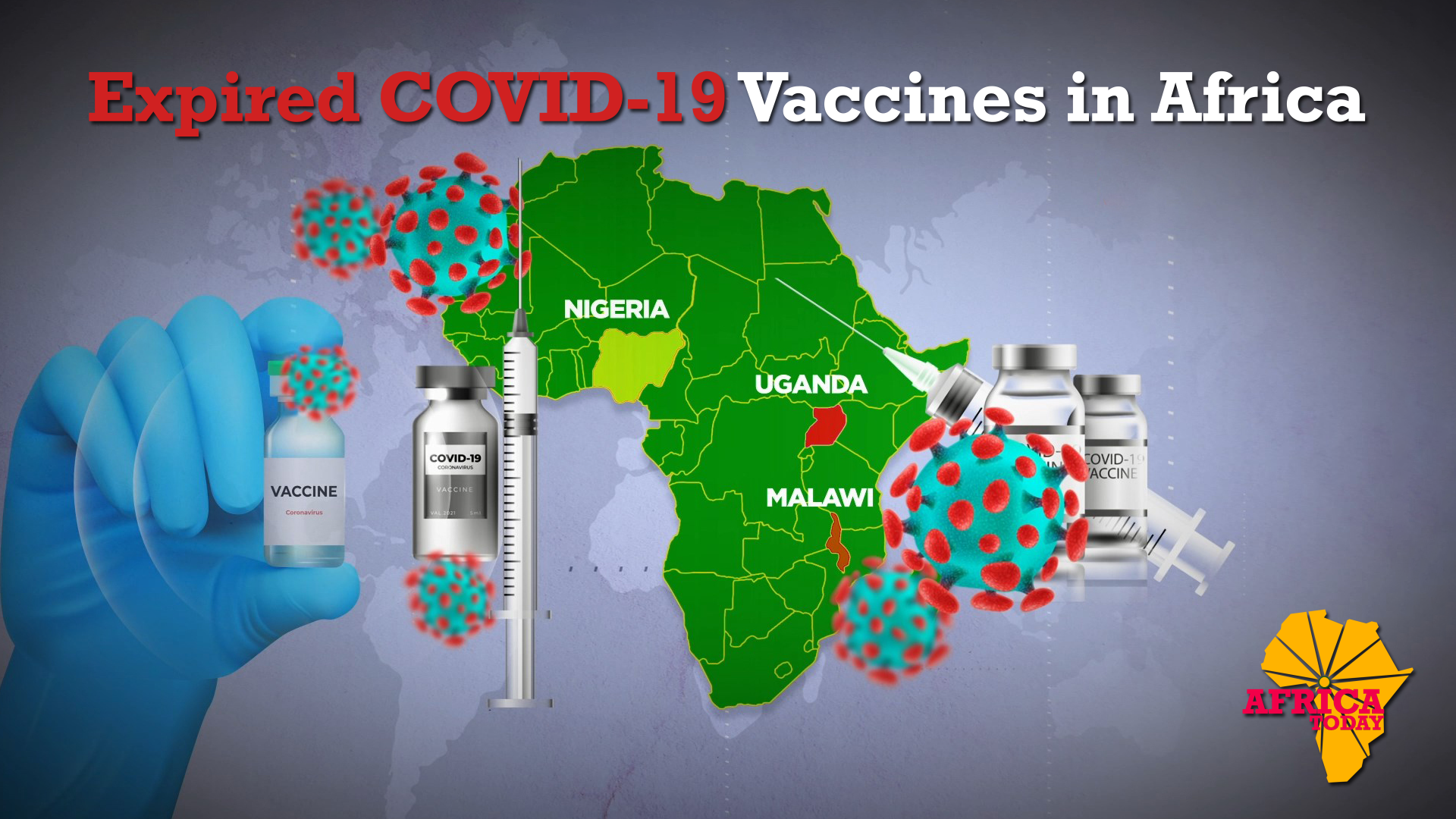
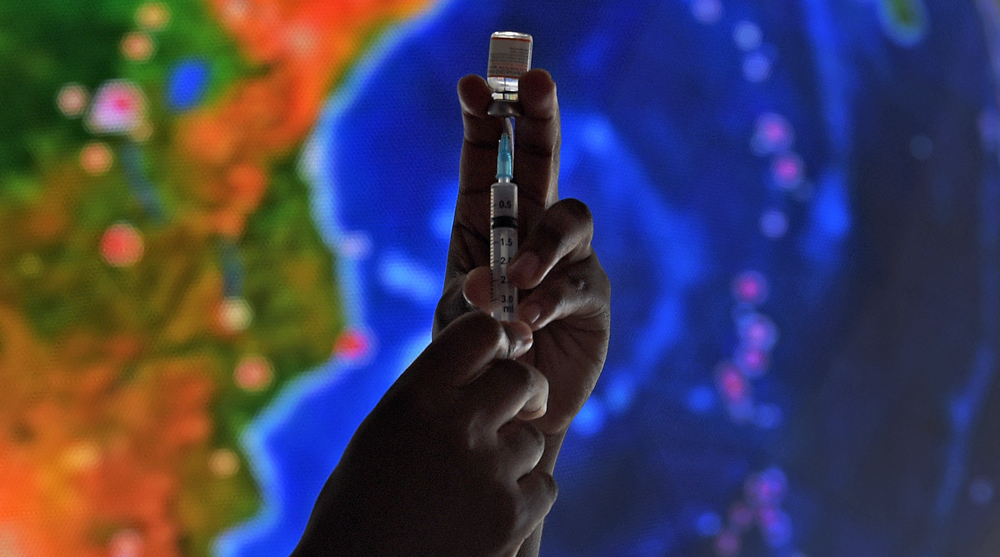
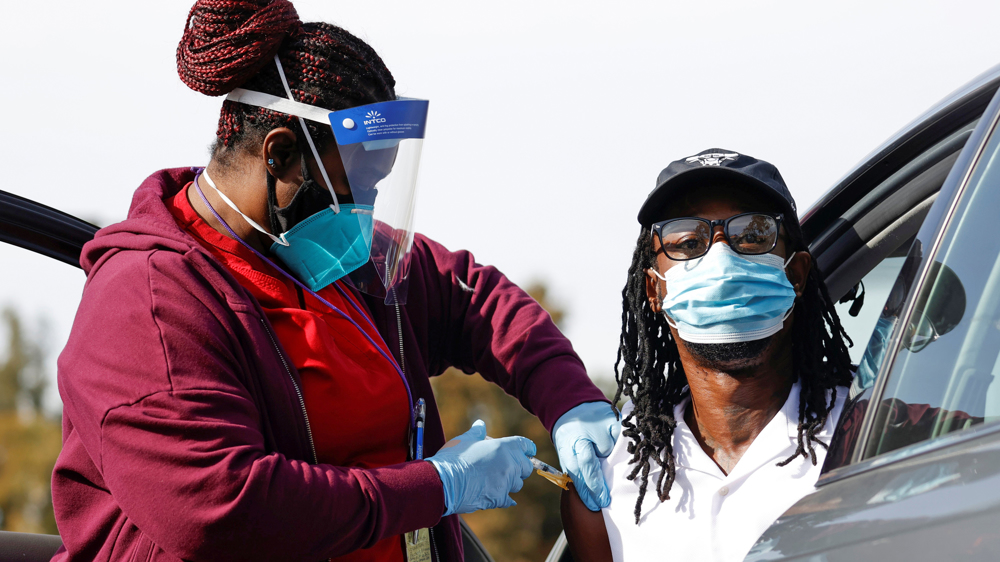
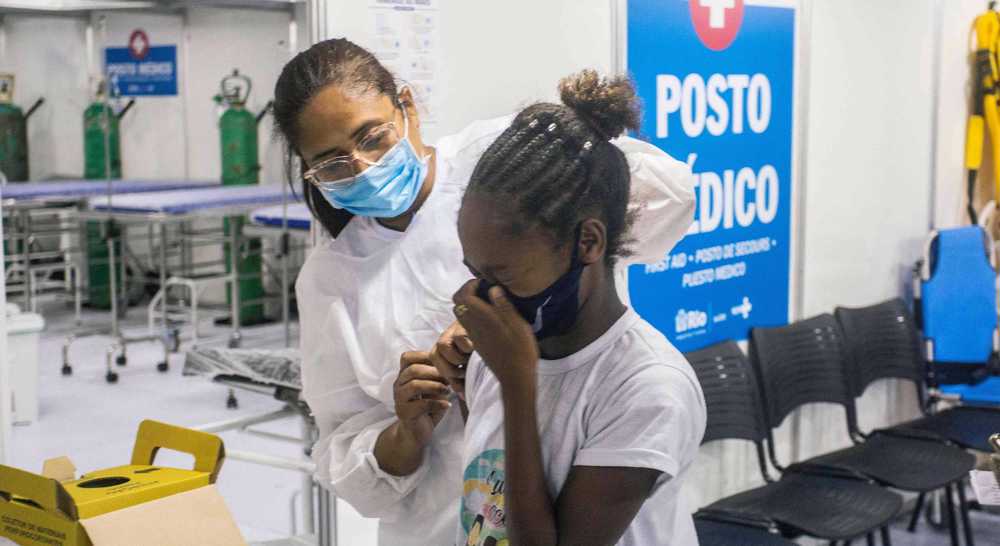

 This makes it easy to access the Press TV website
This makes it easy to access the Press TV website